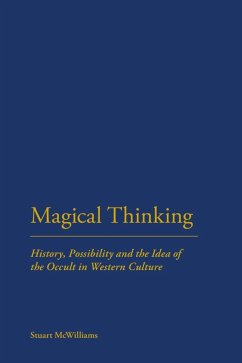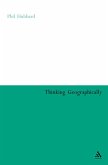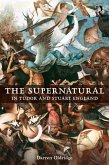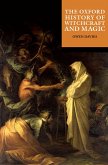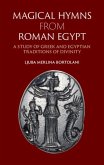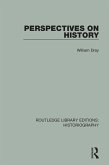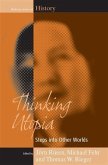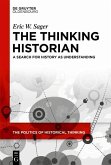How do we write about magic?
Responding to a renewed interest in the history of the occult, this volume examines the role of magic in a series of methodological controversies in the humanities. In case studies ranging from the 'necromancy' of historiography to the strident rationalism of the 'New Atheism,' Magical Thinking sets out the surprising ways in which scholars and critics have imagined the occult. The volume argues that thinking and writing about magic has engendered multiple epistemological crises, profoundly unsettling the understanding of history and knowledge in Western culture. By examining how scholarly writing has contended and conspired with discourses of enchantment, the book reveals the implications of magic - and its scholarship - for intellectual history.
Responding to a renewed interest in the history of the occult, this volume examines the role of magic in a series of methodological controversies in the humanities. In case studies ranging from the 'necromancy' of historiography to the strident rationalism of the 'New Atheism,' Magical Thinking sets out the surprising ways in which scholars and critics have imagined the occult. The volume argues that thinking and writing about magic has engendered multiple epistemological crises, profoundly unsettling the understanding of history and knowledge in Western culture. By examining how scholarly writing has contended and conspired with discourses of enchantment, the book reveals the implications of magic - and its scholarship - for intellectual history.

